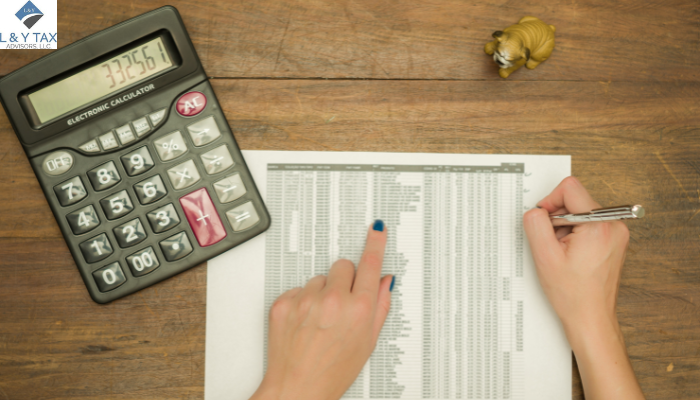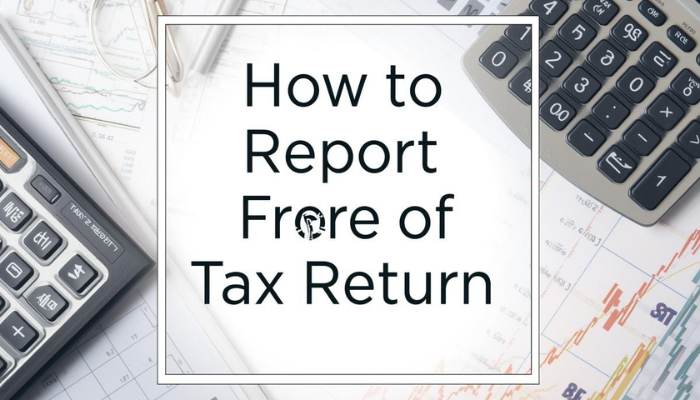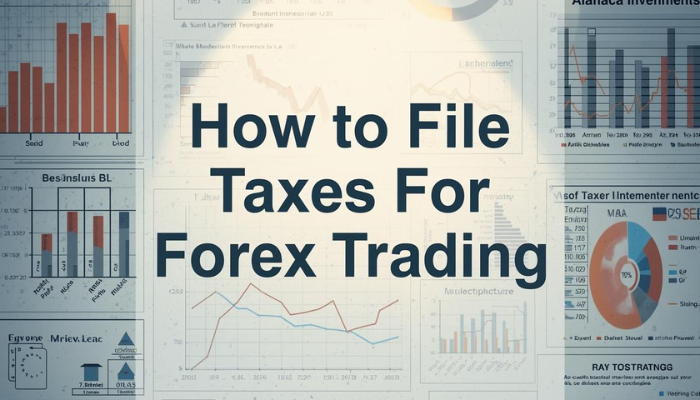
How to Calculate Tax Equivalent Yield?
Do you know how to calculate tax equivalent yield? The tax-equivalent yield is the return a taxable bond needs to make to align with the yield of a compatible tax-free investment. For example, a municipal bond.
Investors use this assessment to differentiate the prospective returns of taxable assets and tax-exempt investments. In light of their tax rate, the objective is to determine how much more an investor would need to make from a taxable investment to equal the return of a tax-free investment.
Tax-Equivalent Yield Formula
You can learn how to calculate tax equivalent yield with this formula:
Return (TEY)= Return (TX) ÷ (1 – t)
where:
- Return (TEY) = tax-equivalent yield.
- Return (TX) = yield of the tax-exempt investment
- T = investor’s marginal tax rate
Reversing this method can yield the yield of a tax-free investment that would equal the return of a taxable bond.
Get your VAT number USA.
Tax Rate Implications
A critical factor in determining how to calculate tax equivalent yield for an investment is the tax bracket they are in.
For instance, the investor’s marginal tax rate will determine whether to purchase a tax-exempt municipal bond with a 7% return rather than a taxable option.
Examples of the tax brackets for 2024 are as follows:
- 10% Bracket: R(TEY) = 7% / (1 – 0.10) = 7.78%
- 12% Bracket: R(TEY) = 7% / (1 – 0.12) = 7.95%
- 22% Bracket: R(TEY) = 7% / (1 – 0.22) = 8.97%
- 24% Bracket: R(TEY) = 7% / (1 – 0.24) = 9.21%
- 32% Bracket: R(TEY) = 7% / (1 – 0.32) = 10.29%
- 35% Bracket: R(TEY) = 7% / (1 – 0.35) = 10.77%
- 37% Bracket: R(TEY) = 7% / (1 – 0.37) = 11.11%
Get out tax consultancy services today!
Why are Municipal Bonds Exempt from Federal Taxation?
Municipal bond interest income has not been subject to taxes since the federal income tax was implemented in 1913. The initial defense was that federal taxes did not apply to this money.
The argument that supporting local infrastructure projects benefits the public and justifies the exclusion from federal taxes has long been used to promote this approach.
Are Municipal Bonds Subject to State Tax?
It depends on the issuer’s location. Municipal bonds can be state taxable even if they are free from federal income tax. When assessing ROI in municipal bonds, investors should consider the tax laws in their state.
Read about financial reporting and analysis.
When Are Capital Gains Taxes Applied to Tax-Free Investments?
The IRS can classify interest income from municipal bonds as taxable if bought at a substantial discount to their par value. Capital gains taxes apply to mutual funds made up of tax-free bonds.
Read: YMCA tax exempt.
The Bottom Line
Investors can compare the yields of taxable and tax-exempt municipal bonds by knowing how to calculate tax equivalent yield. Optimizing investment decisions requires an understanding of this idea, particularly when taking tax consequences into account. Ordinary federal income tax does not apply to municipal bonds. However, investors should include prospective state and capital gains taxes when assessing the bonds’ total return.
Contact L&Y Tax Advisor for further assistance.
Read More:


